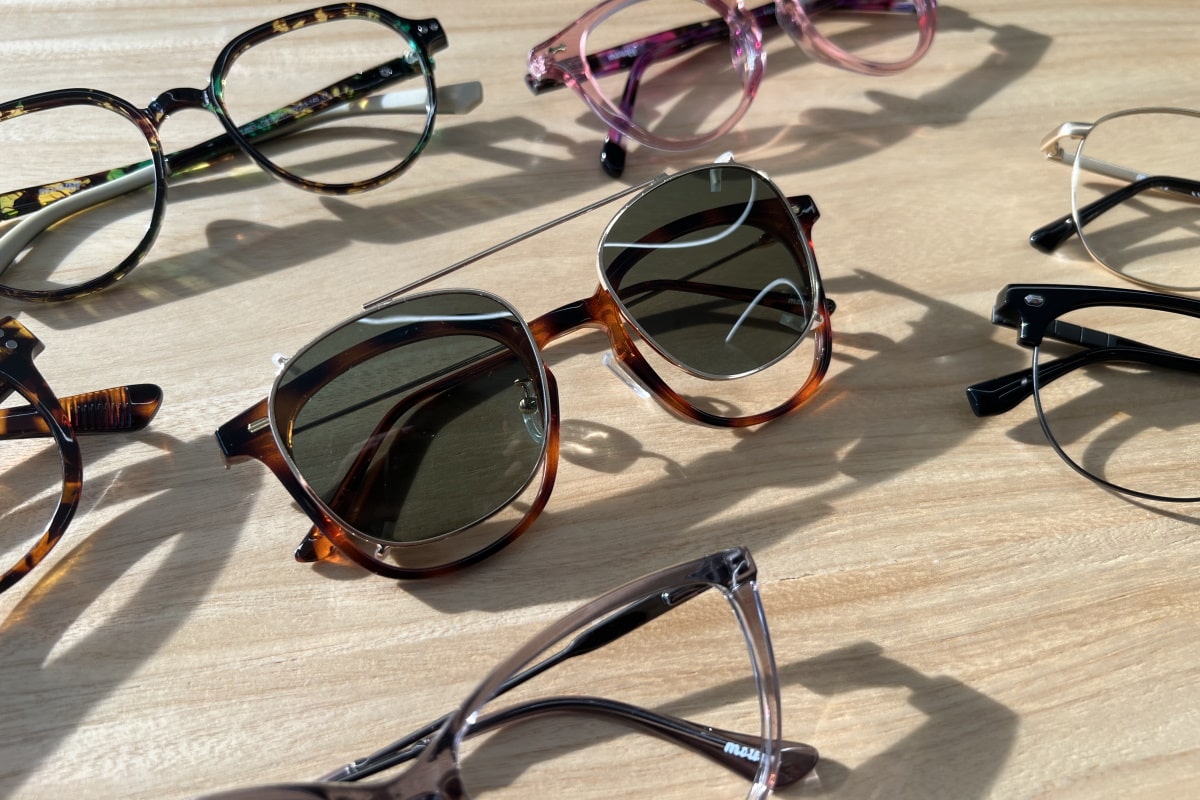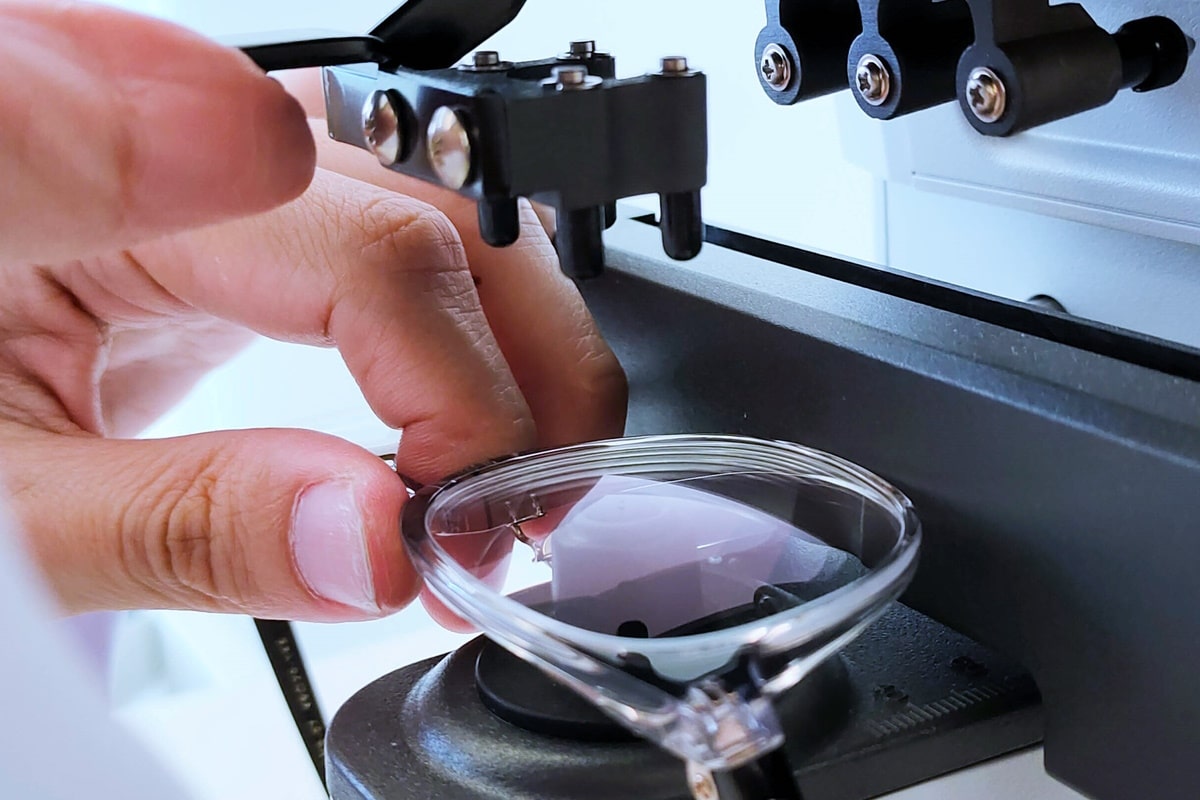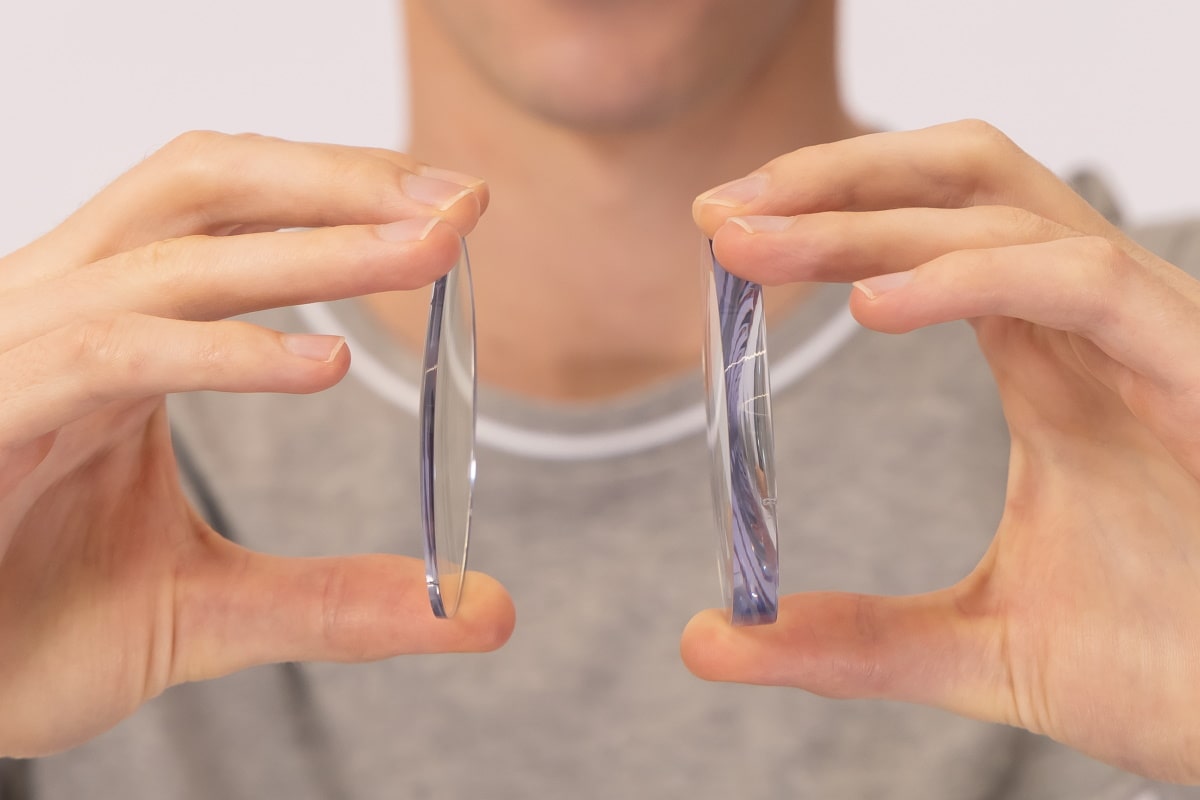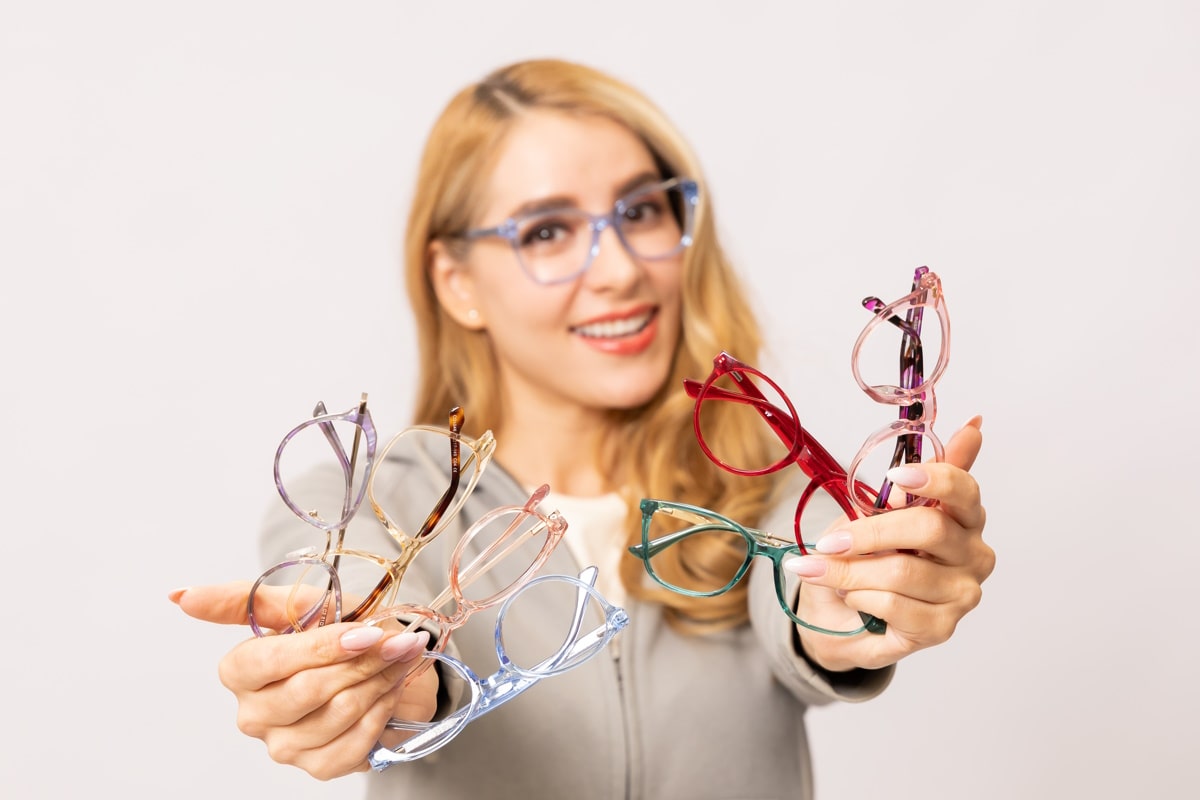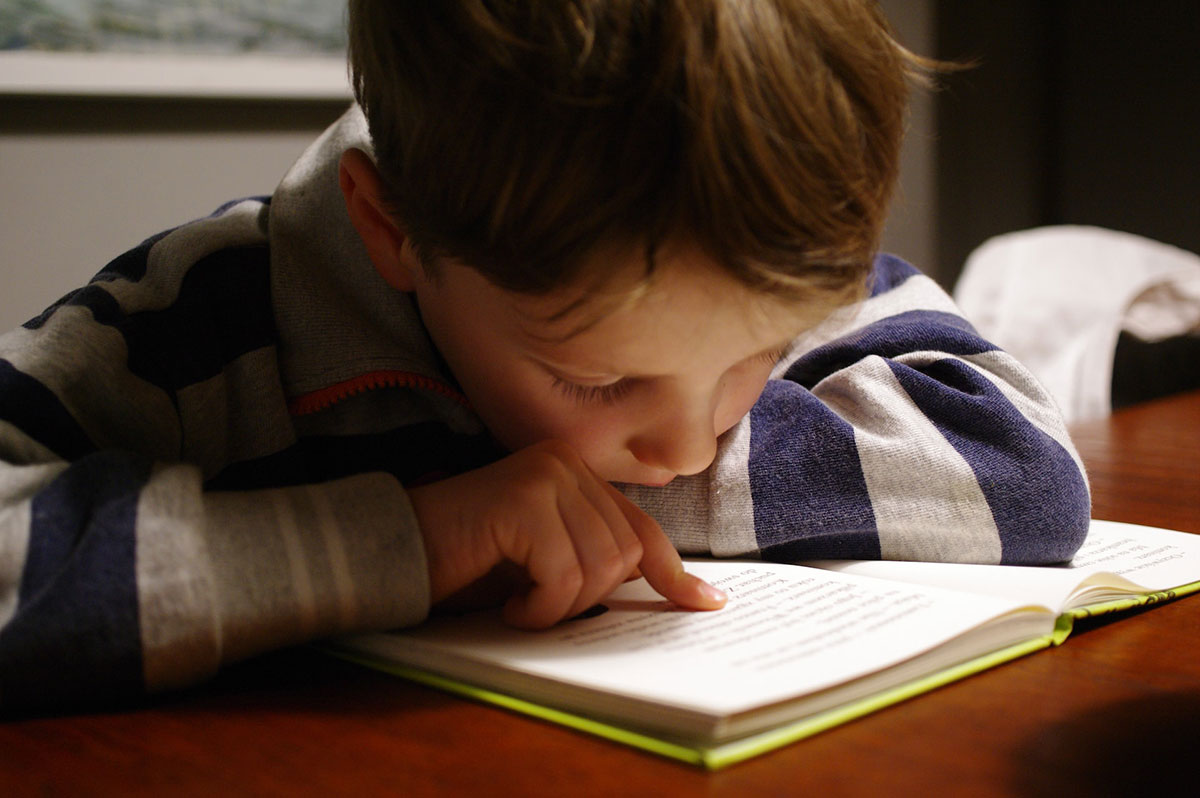Is Bad Eyesight Genetic?
Grandpa’s ears. Dad’s laugh. Mom’s eyes… and glasses?
Maybe your sibling has perfect eyesight, but you can’t even leave the house without your trusty spectacles.
Will the new baby be short-sighted like Mom’s family or take after Dad’s eagle-eyed relatives?
These are just some of the things we might wonder when it comes to the question of whether bad eyesight is genetic.
Today, we’re going to dive into the relationship between genetics and eyesight.
Can bad eyesight be genetically inherited?
Unfortunately, there is more than a casual link between poor vision and genetics.[1] Like many other characteristics, having parents with less than perfect vision makes it more likely that you will have the same problems.
The most common vision issues are refractive errors. Ideally, light coming into the eye should be focused onto the center of the retina, as explained in the video below:
When the shape of the cornea or lens is not quite right, this light will not be able to focus at the correct point. People with refractive errors are usually diagnosed at childhood, usually when difficulty with schoolwork becomes apparent.
Myopia
You probably know someone with myopia, although you might simply call them nearsighted. It is very likely that at least one of their parents also has difficulty seeing from a far distance. If both parents have myopia, their children will also very likely need glasses to see the blackboard.
Hyperopia
Hyperopia causes objects in close range to appear blurry to the eye. Like myopia, it often runs in families. Contrary to popular belief, young children are especially likely to experience farsightedness.
(If farsightedness makes you think of grandma peering through her readers at the crossword, think again. Presbyopia is caused when the lens of the eye loses its flexibility.[2] This is not genetic, but a natural effect of the aging process.)
So, bad eyesight certainly does follow some families. While refractive issues aren’t curable, they are highly correctable. A quick visit to the optometrist and a new pair of glasses are usually all that most people need to regain 20/20 vision.
Other factors that can cause bad eyesight
Researchers believe that genetics alone are not the only factor at play. You may be predisposed to poor vision, but exposure to damaging materials or habits in your daily life can make it worse.
1. Pollutants
According to a review [3] published in the International Journal of Environmental Research and Public Health, air pollutants, such as nitrogen oxides and carbon dioxides emitted by vehicles, can irritate or damage delicate eye tissues which then lead to eye diseases.
While external pollutants are mostly outside of our control, indoor air may also have high amounts of pollutants. Since the majority of us spend most of our time indoors, it is worth looking into measures to improve air quality, like air purifiers. This is especially vital if you’re at a higher risk of diseases like glaucoma.
2. Smoking
Is there anything that is not made worse by smoking? Airborne cigarette smoke can damage the eye greatly, especially in young children. It is also associated with a higher risk of glaucoma.
Besides the dangers of secondhand smoke, active smokers also have increased risks of optic nerve problems, cataracts, and age-related macular degeneration.
Once you quit smoking, you’ll be able to decrease your health risks immediately. For instance, your risk of surgical cataract extraction will be reduced and even match that of a non-smoker in 10 to 20 years’ time.
3. UV radiation
Most of us have been told to not look directly into the sun. Unfortunately, even casual sun exposure can be damaging. UV rays damage various parts of the eye and can lead to sight loss over time.
In a catch-22, daytime play is good for children. Prolonged outdoor time [4] in childhood is believed to help reduce the risk of myopia. For maximum benefit and minimal risk, parents or guardians should make sure that both them and their children/wards wear hats and sunglasses while outdoors. Sunglasses must be labeled 100% UV protection.
Hereditary eye diseases that can lead to bad eyesight
Myopia and hyperopia aside, a heightened risk for certain eye diseases can also be passed down from parent to child.
gh. Mom’s eyes… and glasses?
Fortunately, eye exams these days can detect several potentially severe and life-altering conditions — ones whose symptoms you may not even have noticed yet!
If the following issues run in your family, make sure you schedule regular eye exams as early treatment is key to overcoming or managing them.
Glaucoma
Glaucoma damages the optic nerve, causing gradual vision loss that may lead to complete blindness if left unchecked. The disease does have a genetic factor, and the Hispanic/Latino and African American communities are at especially high risk.[5] Diabetic patients are also vulnerable to glaucoma, so if you fit any of these criteria you should be proactively screened for glaucoma.
The threat of blindness is certainly a heart-stopping diagnosis, but there are multiple treatment options to halt glaucoma’s progression, one of which is as simple as daily eye drops. For more advanced cases, surgery may be required.
Age-related macular degeneration (AMD)
As the name suggests, age-related macular degeneration, or AMD, is typically associated with persons over 50.
AMD targets the macula, which is the area of the retina responsible for clear vision in the direct line of sight. In other words, it can cause one to lose direct vision. Although peripheral vision is preserved, activities such as reading and driving often become impossible.
Family history plays a part, but other risk factors [6] may have a greater influence. Besides your age, you should let your optometrist know if you have high blood pressure, eat a diet high in saturated fat, or are a smoker.
Retinitis Pigmentosa (RP)
While many inherited eye conditions seem to be worsened by factors outside of genetics, retinitis pigmentosa (RP) is usually genetic.[7] RP causes damage to the retina, beginning with the peripheral vision.
Many patients start exhibiting symptoms as children, although RP can manifest as late as 40. The patient’s sight will continue to worsen over a number of decades, eventually deteriorating into partial or even complete blindness. However, most patients retain at least some degree of usable vision for much of their life.
Because excess light may damage the retina further, it is imperative that high risk persons regularly don sunglasses outdoors and keep the brightness on their electronic devices low or use blue light filters.
Ways to care for your eyesight – regardless of genetics
Some of the biggest boosts you can give your eyes are also the simplest. To keep your eyes at their healthiest, start with the following:
1. Maintain a healthy diet
A balanced, nourishing diet that supports overall health also supports your eyes. For maximum eye support, there are a few key nutrients you’ll want to incorporate into your meals.
The first of these is vitamin A. Arguably the most important vitamin for eye support, vitamin A can be found in meat, eggs, and dairy. If you are not a fan of liver (a vitamin A powerhouse), you can reach for dark leafy greens like spinach or kale.
DHA is commonly advertised in infant and toddler formulas because it is so crucial to vision development. Omega-3 fatty acids, which provide DHA, are found in oily fish or as a fish oil supplement.
2. Go for regular eye tests
A common theme with many eye conditions is that an eye exam may uncover signs of them before you even notice vision changes.
An adult without any known vision problems should be seen every two to three years, and annually after 65 years. If you wear glasses or are at risk for any eye problems, it is best to consult your eye doctor on the frequency of your visits.
Most disease-related vision loss is permanent, so getting regular eye exams can facilitate immediate and effective treatment.
3. Switch to blue light lenses
If you are reading this on your phone or tablet, open up your device settings and switch on your blue light filter immediately! The world is filled with screens, and that constant blue light can damage your retinas.
Using blue screen filters, wearing blue light filtering glasses, and taking frequent breaks are your best bet.
Genes are not the be-all-end-all for eyesight
If you do have genetic risk factors which may lead to poor eyesight, don’t despair; forewarned is forearmed. Make sure your medical professionals know your family history, educate yourself on symptoms and risk factors, and never ever delay seeking treatment if you experience any vision changes.
Be sure to check back for more informative eye care tips from Mouqy!
References
- “Genes and Environment in Refractive Error: The Twin Eye Study”, ARVO Journals.
- “Presbyopia”, Mayo Clinic.
- “The Adverse Effects of Air Pollution on the Eye: A Review”, National Library of Medicine.
- “The Sun, UV Light and Your Eyes”, American Academy of Ophthalmology.
- “Glaucoma”, National Eye Institute
- “Age-Related Macular Degeneration (AMD)”, Johns Hopkins Medicine.
- “Retinitis Pigmentosa”, National Organization for Rare Disorders, Inc.

Written by:
Shu Kie

